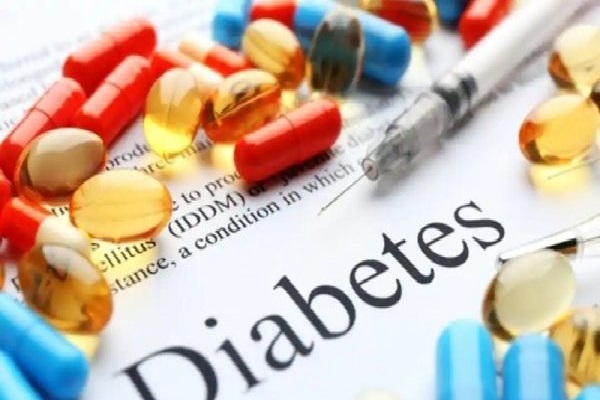Make diabetes drugs affordable, expert urges FG, govs
CHIGOZIE AMADI
An Endocrinologist at the Federal Medical Centre in Abeokuta, Ogun State, Dr Olubiyi Adeshina, has expressed deep concern over the rising costs of diabetes medication in Nigeria, emphasising the heavy financial burden it places on patients.
Speaking at the Talabi Diabetes Centre 4th Annual Ogun Youth Diabetes Camp Closing Ceremony held at the Youth Development Centre, Olusegun Obasanjo Presidential Library in Abeokuta on Wednesday, Adeshina revealed that an average person with diabetes in Nigeria now requires between N70,000 to N100,000 monthly for medication.
A cost he said many cannot afford.
He attributed the sharp rise in medication costs to the recent depreciation of the Naira, noting that insulin, which previously cost around N6,000 to N8,000, now ranges from N13,000 to N18,000, depending on the dosage required.
“It is a big problem to afford insulin in Nigeria. Elsewhere, including in neighbouring countries like Egypt, Cameroon, Ghana, and South Africa, diabetes patients receive insulin, blood sugar checking meters, and glucometers for free,” Adeshina stated.
Also, participants at the event also shared the challenges of living with Type 1 diabetes in Nigeria, including the need for multiple daily insulin injections, the cost of insulin pens now averaging N18,000 each, and the discrimination they face in schools from both teachers and peers.
Adeshina called for urgent government intervention to make diabetes medication more affordable and accessible.
He stated, “The government needs to take a step back and look at the affordability and access to medication.”
The call for action comes at a time when many Nigerians are struggling with the rising cost of living.
In a communique presented by Adeshina, the Acting Director of the Talabi Diabetes Centre, Ayotunde Ale, emphasised the importance of managing Type 1 diabetes which he described as a chronic condition caused by the immune system attacking insulin-producing cells in the pancreas.
Ale emphasised that diligent management is essential to prevent severe complications such as kidney failure, blindness, and even death.
He emphasised that missing even a single day of insulin injections could lead to a coma by the third day.
“We have 36 young people with Type 1 diabetes aged between 10 and 25 years, along with their caregivers, from various states across Nigeria. This year, we welcomed 15 new participants, reflecting the progress we are making. It is crucial to equip these children with the skills they need to live fulfilling lives,” Ale said.
























